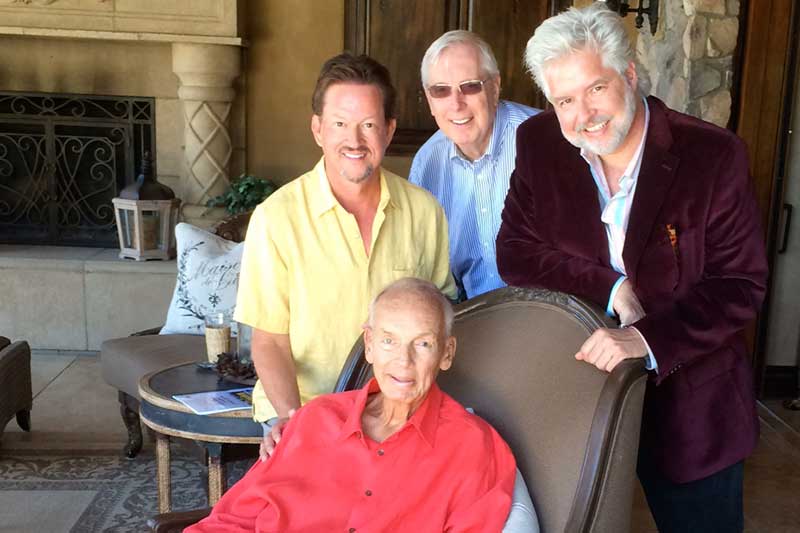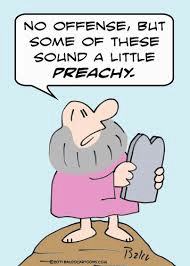I was intrigued by the old cowboy. He stood underneath the shade of a large oak tree on a sidewalk in the Fort Worth Stockyards willingly receiving five dollar bills from moms and dads, grandmas and granddads so that their kiddos could sit for a moment on the back of a long-retired longhorn steer. What followed was two minutes of smiles, laughter, waving and cameras clicking capturing the joy on the faces of these young ‘uns. A splendid time was had by all.

I did the math.
$5 every two minutes. That’s $150 an hour.
A remarkable moment in my favorite movie “Field of Dreams” is the soliloquy from the brilliant actor James Earl Jones:







 Most people in your town have never heard of your radio station.
Most people in your town have never heard of your radio station. Quick! Name a TV dad that is portrayed as a positive role model! How about in the movies?
Quick! Name a TV dad that is portrayed as a positive role model! How about in the movies? Programming a successful radio station can often seem like jumping on a moving train. It’s challenging enough for a programmer to simply find time to listen to the station or meet with the air staff, much less actually plan the next event.
Programming a successful radio station can often seem like jumping on a moving train. It’s challenging enough for a programmer to simply find time to listen to the station or meet with the air staff, much less actually plan the next event.